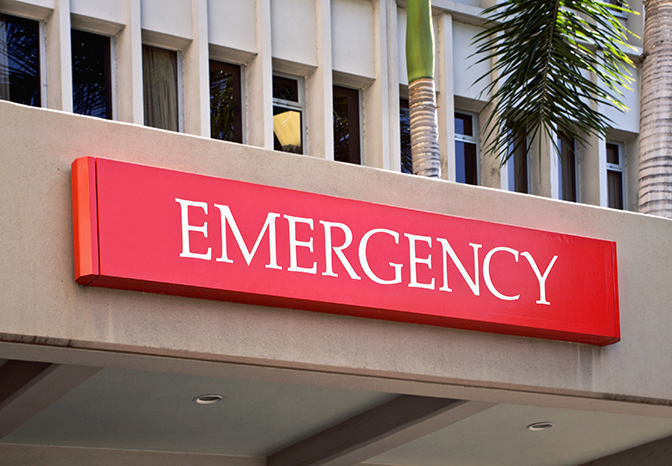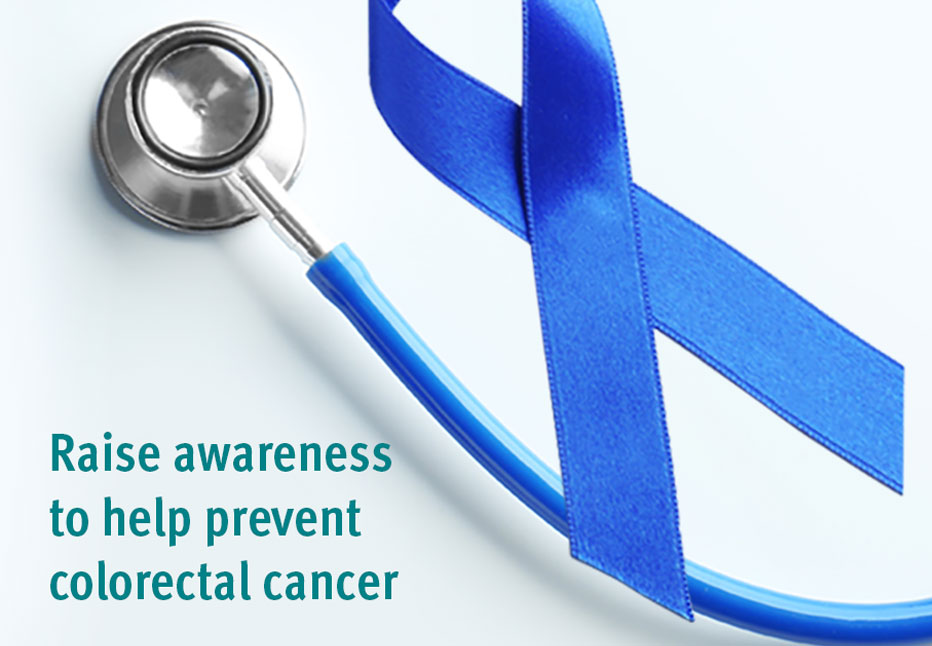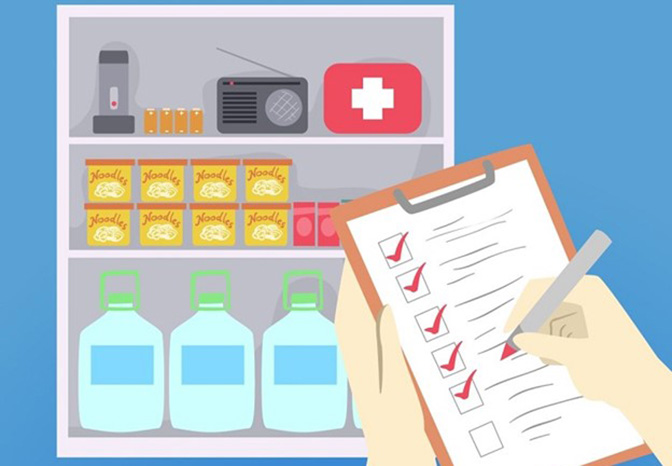
Going to the ER? 7 Things You Should Know
Life happens. Sometimes, you find yourself on the way to the Emergency Department (better known as the ER). But to get the best possible care – and the best possible outcome – there are a few things we should all know about the ER.
- You May Not Be in the Right Place. The Emergency Department is designed for emergencies. If you have a condition that can safely be seen in your doctor’s office, that’s where you should be. If your doctor’s office is closed, that non-emergency hasn’t suddenly transformed into an emergency. The best solution? Go to a walk-in clinic or urgent care facility. Urgent care centers frequently have shorter wait times, and have drastically lower out-of-pocket costs. Plus, it’s important that we all do our part to keep the limited resources of the ER free for real emergencies.
- Not All Emergency Departments are Created Equal. If you were recently hospitalized or had surgery, ask your physician where you should go if an emergency occurs. If at all possible, you should go to the ER in the same hospital. Your care will be more efficient, and some studies have shown that your outcome will be better.
- Emergency Room Staff Can’t Read Your Mind. They have many skills, but even the most experienced emergency room doctors and nurses can’t guess what you’re thinking. Unless you tell them clearly what you’re worried about (in addition to your symptoms), you may leave the ER with unanswered questions. It’s crucial to communicate openly with the emergency room staff – when they know what you’re concerned about, they can investigate to see if your hunch is valid.
- There’s No Dentist in the ER. A doctor is not the same as a dentist. If you have a dental concern, do not expect to find a dentist in the ER. For a dental problem, call your dentist. Only if you are unable to reach your dentist after hours, and if you suspect a serious dental problem that could result in other medical issues, go to the ER.
- Follow Up With Your Doctor. The ER staff aren’t kidding when they tell you to follow up with your primary care physician. An ER visit is not a substitute for primary care. Also, some lab tests, cultures and final x-ray readings are not available while you’re in the ER, so you need to ask your physician about your test results.
- What You Read Online May Not be Accurate. The ER physician and staff know more about medicine than Google does. Really, they do. So by all means, do your research and, as per #3, let them know what’s concerning you. But rest assured that once you’ve brought it to their attention, they will investigate. At the end of the day, you need to trust the medical professional and not obsess about what you read online.
- Your Health Insurance May Not Cover Your ER Visit. If you go to the ER when you do not have an emergency condition, by law you will be evaluated. However, if you do not have an emergency condition, the cost of your visit may not be covered by your health insurance. Cost should never be your deciding factor when you choose where to go to receive care for a medical condition or incident, but, if you know with 100% certainty that you are not experiencing an emergency, you should visit an urgent care facility instead of the ER. Not only are the out-of-pocket costs lower, but the wait times are shorter.
For most of us, a visit to the ER thankfully isn’t a frequent occurrence. But when you need medical attention, it’s crucial to take just a moment to consider the kind of care you actually require. When you go to the proper care center – be it the ER, your primary care physician or an urgent care facility – equipped with the right knowledge, you’ll receive more effective, efficient care.



